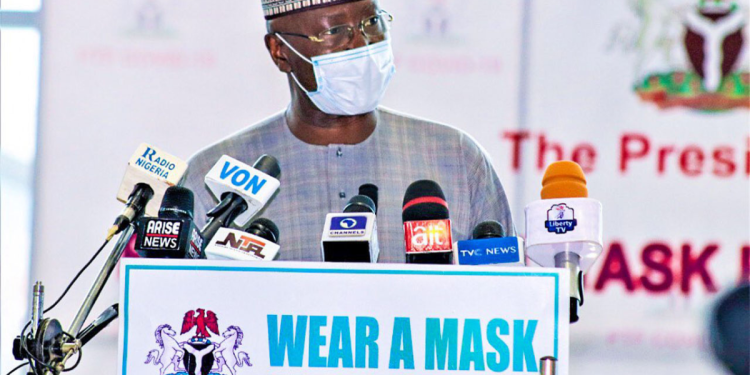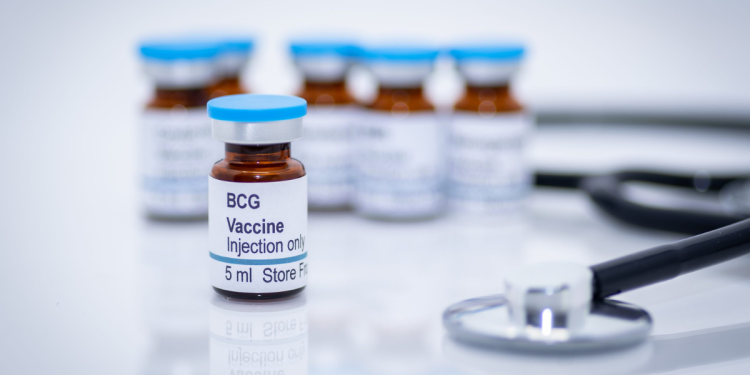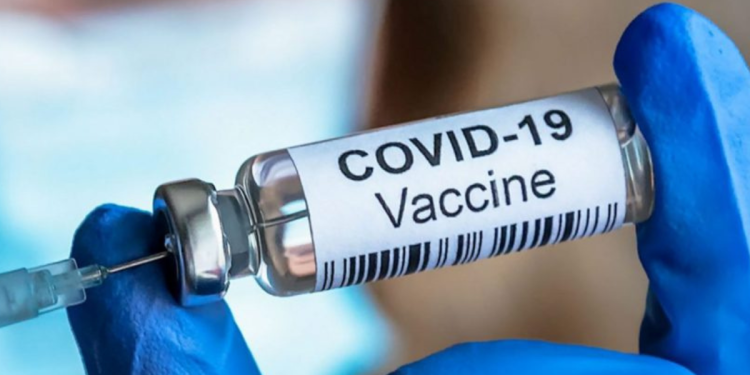The World Health Organization (WHO) declared a global pandemic in 2019 as the coronavirus (COVID-19) resulted in many deaths, widespread panic, and elevated anxiety levels.
Nigeria was one of the first countries in Sub-Saharan Africa to detect COVID-19 cases. Although the Nigerian government took strong measures which included implementing a lockdown policy to control COVID-19’s spread at the initial stages, the country was still severely impacted by the outbreak.
The Nigerian media was critical in educating, raising awareness, and informing the public during the pandemic. People frequently relied on media information during an epidemic lockdown. They were exposed to the message to form opinions about disease risks and take appropriate actions. As a result, it is crucial to examine media coverage during pandemics such as COVID-19.
The Nigerian television media space has a dual ownership model that includes both government and private sector. Government-owned television stations are under the state or the government’s financial and/or editorial control – directly or indirectly. In contrast, private-owned television outlets are controlled by private individuals or organisations. Compared to the much smaller number of private-owned media, the government owns 70 percent of the media outlets in the country. The Nigerian Television Authority (NTA), Federal Radio Corporation of Nigeria and News Agency of Nigeria are examples of government-owned media in Nigeria. Meanwhile, private-owned media ststions include Africa Independent Television (AIT), TVC News, and Vanguard newspapers, among others.
This report is an abridged version of a research paper that examines the coverage of NTA and AIT (the most representative television for the government and private-owned television) throughout the COVID-19 lockdown policy, utilising a realist evaluation approach and a realist perspective to answer the research questions in the title. And here are the results:
1. There are no differences in substantial coverage between Nigeria’s public and private media.
Despite differences in ownership, Nigerian media did not have disparate substantial content about the epidemic, such as expert-recommended prevention information, relevant medical information about COVID-19 treatment, and some major social, economic, and political events that occurred because of the epidemic.
This situation was essentially the result of two primary causes:
The first reason was that the public had improved its discernment of COVID-19 issues, and the media could not sway public opinion by changing the substantive content. As the general public’s media literacy increased, they were no longer passive recipients of information but active subjects who performed, acquired, forwarded, and expressed their thoughts. Considering this, the public would likely adopt a more organised mode of view and a centralised approach to information processing, engaging in in-depth contemplation and evaluation of the relevant information and surroundings. To attract a more reasonable audience and provide more scientific perspectives on the epidemic, the media’s substantial content needed to remain neutral and objective.
The second reason was that Nigeria’s government strictly regulates broadcast media. Huge fines and shutdowns are the significant determinants that control the television media. Specifically, the National Broadcasting Commission (NBC) governs the media in Nigeria. Strong policy statements, such as the NBC’s “all broadcasters must adhere strictly to the Nigeria Broadcasting Code and National Broadcast Act CAP N11 Laws of the Federation, 2004”, attest to this. Furthermore, the Nigerian national parliament seems to constantly amend several media bills to strengthen media control, including the Nigerian Broadcasting Commission Act and the Press Council Act. In June 2021, the Minister of Information and Culture asked to bring internet broadcasting under the control of the Nigerian Broadcasting Commission (NBC), saying that the NBC should regulate all online and internet broadcasting entities and control the establishment and ownership of radio and television stations.
As a result, before any content for television can be aired, it must align with the NBC code, which explains why there were no fundamental differences in content between Nigeria’s various media outlets.
The only difference was that the substantial coverage of government-owned media overlooked opportunities for health education compared with the private media. It was found that, when compared to private media, government media coverage of COVID-19 treatment and medical research was inadequate. This lack of coverage in these two areas indicated that the government media failed to adequately educate the public. Similarly, studies have shown that politics monopolised coverage of the epidemic in Nigeria, resulting in missed opportunities for the official media to promote health and reveal the truth about the pandemic in Nigeria. This is because the government media focused more on government interventions. For example, in this study, the government media emphasised the political environment over medical research in setting the content, whereas the private media did the opposite.
2. Different stakeholders’ struggles have resulted in differing attitudes toward negative emotional content in different media.
First, when it comes to positive emotions, the media’s emotional content is unaffected by political ownership. Both types of media specifically comforted individuals affected by COVID-19, providing a voice of encouragement to those affected by the epidemic, and celebrating the warmth of the outbreak and the rise in the caring standard.
However, political ownership influences the negative emotional content of the coverage. COVID-19 harmed the lives of most Nigerians and had a devastating impact on the living conditions of the already disadvantaged populations, such as those lacking acceptable means of income and livelihood during the lockdown period. On the other hand, the government media seemed to be more concerned with the loss of life caused by the pandemic. In contrast, the private media constantly criticised the government’s efforts to prevent the disease.
Two plausible explanations existed for this difference.
The first explanation is the government media’s reluctance to expose the government’s shortcomings in dealing with the COVID-19 problem. According to one study, the government-owned mainstream media was skeptical in terms of criticising the government in power. For example, government-owned TV stations avoided using an overly negative tone to minimise the epidemic’s severity and discouraged people from recognising the government’s incompetence in handling these cases. According to a recent study, the Nigerian government forbids private media from using a negative tone when reporting COVID-19 news. This restriction would certainly prevent any private media outlet from reporting on the true extent of the epidemic in Nigeria.
Another plausible explanation is that the government media seemed biased in favour of the ruling party’s interests in COVID-19. Nonetheless, the opposition certainly did attempt to use private media outlets to expose the government’s flaws and failings. The ruling All Progressives Congress (APC) and the main opposition party, the People’s Democratic Party (PDP), were locked in a power struggle in Nigeria. For example, when faced with favourable international policies, the private media covered less relevant political context news than the official media. Furthermore, as research has shown, private media coverage was more negative than government media coverage, which was more largely positive. For many private outlets, a more negative tone was used to emphasise the severity of the disease while also increasing discontent with the ruling party and better suiting the opposition party’s interests.
In conclusion, the media landscape in Nigeria, much like everywhere else, exhibited some inherent distinctions between state-owned media and private outlets in their reportage of the COVID-19 pandemic. For example, private media outlets were more “emotionally oriented” than government media. Generally, private media, as opposed to government-owned media, covered personal material such as personal accounts of what happened during the pandemic in order to bring the viewer closer and heighten their sense of immersion. This “emotionally oriented” behaviour is primarily due to the private-owned media’s desire to increase audience retention and profitability, which led to their being more responsive to audience desires. On the other hand, government-owned media focused on the overall impact of the epidemic on society such as unemployment and mortality rates, primarily because government media represented the attitude of those in power toward country management and thus concentrated their coverage on the perspective of the entire society.
Undoubtedly, the coverage of COVID-19 in Nigeria had a political component, and political ownership influenced the emotional communication of the different media, which was consistent with the propaganda model.
This piece is part of Yongqi Hu’s MSc research placement partnership between Dataphyte and the School of Social and Political Sciences, University of Edinburgh.




